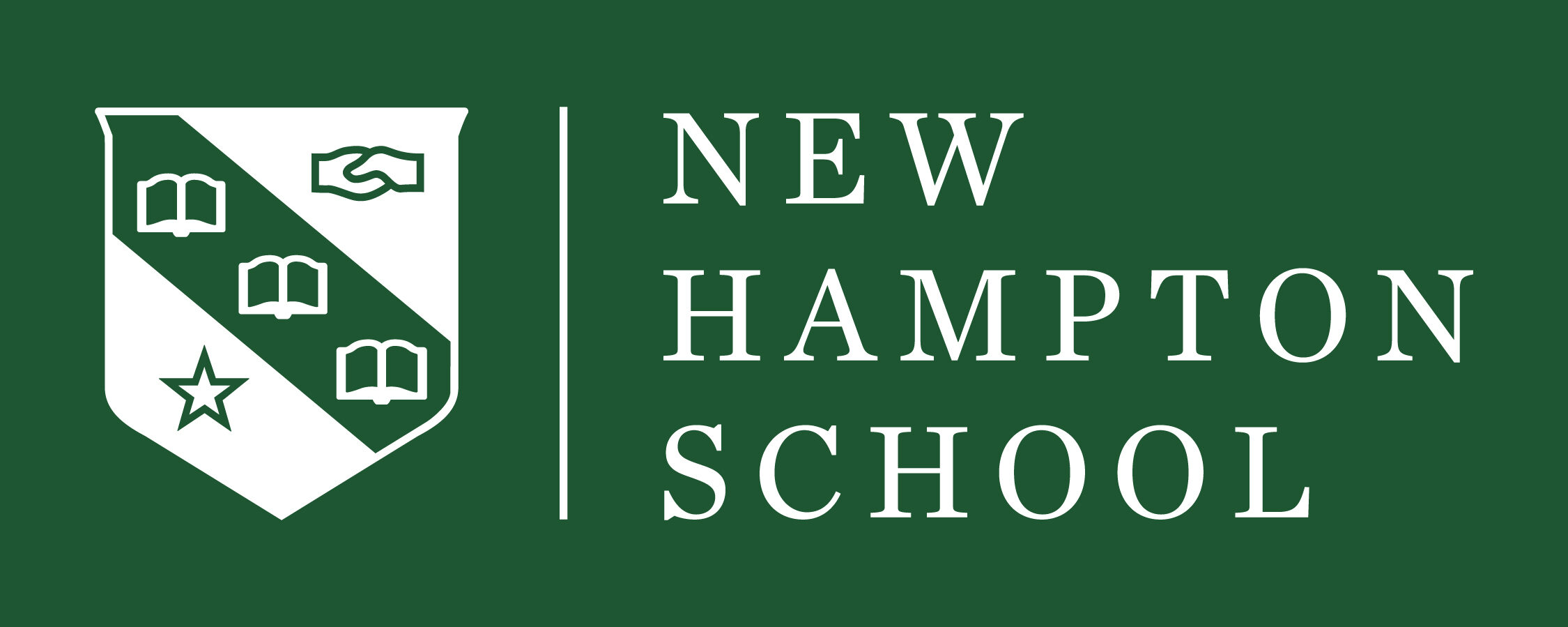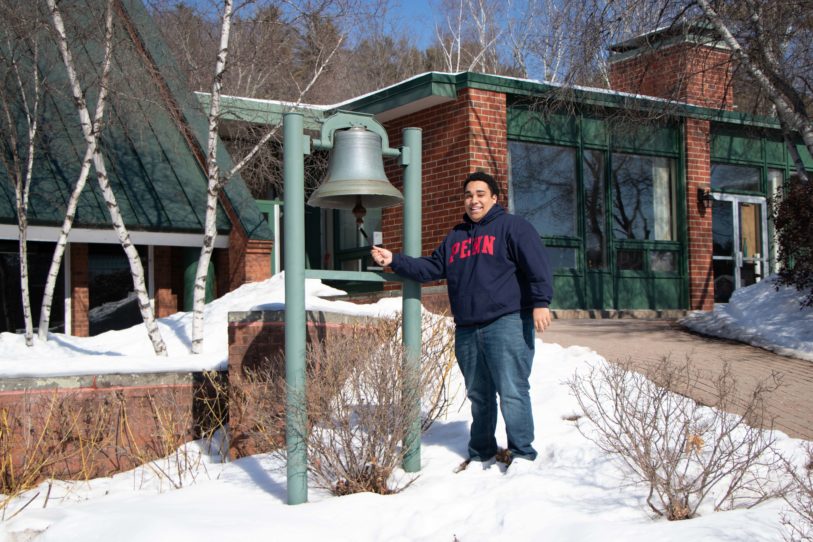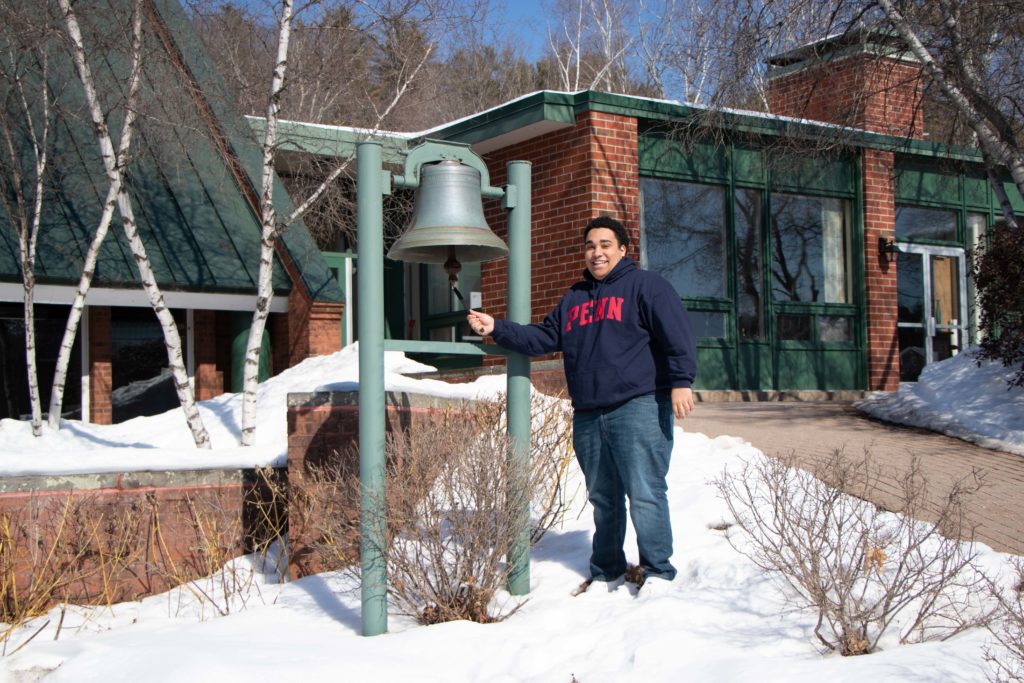Written by Charley Stern, Admission Outreach Coordinator
“What makes New Hampton New Hampton?” I am asked this question daily in the Admission Office. It’s an essential question, which sometimes comes with an amorphous answer – a feeling rather than something concrete: A groundedness to our students, a palpable sense of community, a lack of stigma attached to different ways of learning. And while these responses, rooted in ethos rather than statistics, might be the most complete answer to the question, there are signature programs that make New Hampton New Hampton: Two of these signature programs are: The Academic Support Program (ASP) and the International Baccalaureate Programme (IB). To get a fuller understanding of these programs, I chatted with three alumni who participated in IB and ASP to learn how they impacted their time at New Hampton and prepared them for life beyond.
First, a bit of background. Just what are ASP and IB?
Academic Support Program (ASP)
Approximately 25% of our students are enrolled in ASP. The mission of ASP is to create greater awareness in our students of themselves as learners. As they progress, they will develop critical skills, better understand their individual learning styles, recognize their strengths, articulate their needs, and use strategies effectively and independently. Pillars of the program include:
Consistent Learning Environment: Students are thoughtfully paired with a tutor that they will work with throughout the year.
Constant Communication: Continual dialogue between tutors, faculty, and house parent supports students wherever learning takes place. They will receive updates and notes after each session on our online platform, the Learning Management System.
Thoughtful Integration: Academic Support is fully integrated into the students’ class schedule. Like any other classe, ASP sessions meet three times a week for seventy minutes at a time. This yields a high level of student engagement and increases the effectiveness of strategy instruction
IB Diploma Programme
The IB Diploma Programme is a rigorous, two-year program that prepares students for college and life beyond. Taught over the course of 11th and 12th grade, it is recognized and respected by leading colleges and universities worldwide. In addition to the course load, the program has three core requirements: Creativity, Activity, Service (CAS), the Extended Essay (EE), and the Theory of Knowledge Class (TOK).
Like AP, the IB Program provides high-level courses and college credit upon completion. IB diverges from AP, however, in that its ultimate purpose is not to prepare students for a standardized test but rather to dive deep into the subject and prepare for life as a college student. Students can choose one of two paths: the comprehensive diploma or a la carte options in their favorite classes.
Tulio ’20
Tulio completed the IB Diploma. He is currently a sophomore at The University of Pennsylvania.
Charley: Did the IB prepare you enough for academics at an Ivy League college?
Tulio: My senior year at New Hampton was more rigorous than my freshman year at Penn. What you need to understand about the IB is that it’s seven classes and no free block. My sophomore year at Penn, I’m taking six and a half classes, and that is more on par with what the IB felt like. While essays are more complex at Penn, there are fewer of them, and I have time to dig into them. At New Hampton, I was completing ten assignments a week, while a class at Penn might have four assignments for an entire term. And those habits I developed at New Hampton help me stay on top of these essays here.
Charley: It sounds like IB was like swinging with a batting doughnut.
Tulio: IB is an extreme level of practice. Because of that, I never get caught in the position of having to cram for tests. I’m practicing all the time at Penn. I learned a lot of routines through IB that have made me more mature.
Charley: I understand on paper what makes IB different from AP, but can you tell me how you experienced that difference?
Tulio: The CAS (Community, Activity, and Service) component is the biggest difference for me and is the more beautiful and unique part of the IB Program. We needed to complete fifty hours of service in the community that focuses on community growth. My favorite part of this service was the Lego Club.
Charley: Lego Club?
Tulio: Lego Club! I would go to the local library every Wednesday and build Lego projects with kids whose parents weren’t able to pick them up from school on time. We would also read to the kids and feed them at dinner time. The fact that we were able to help these kids thrive and have a happy time when they couldn’t be with their parents warms your heart. This experience is something I never would have gotten without the IB Program. It was so enriching gaining new perspectives on how an individual can impact someone else’s life through positive actions.
Charley: How did IB prepare you for the college application process?
Tulio: Two major ways. The service element I just spoke about certainly made me a more compelling applicant. I had far more experiences than I would have had without IB. The service component also greatly contributed to becoming president of student government at New Hampton which had an impact on my college applications. Additionally, the amount of writing we had to do played a big role. We had to write six Individual Assessments (IAs) throughout my senior year. These are two-thousand-word essays in each course. Additionally, we needed to complete the Extended Essay, which is a four-thousand-word essay on any of our subjects. With all that practice, the idea of writing college application essays was no big deal.
Charley: Any other favorite elements of the program?
Tulio: I loved the Theory of Knowledge (TOK) class – it was the best class at New Hampton. This is something that all IBs are required to take. And honestly, if I have one criticism of the course it’s that I wish TOK was open to non-IB students. TOK is a Philosophy course centered around why we think what we think and why we value what we value. I believe that teaching Philosophy to high schoolers should be far more common than it is, and the IB Program is way ahead of the curve in that respect. As a class, we would frequently find our jaws on the ground and our realities shattered.
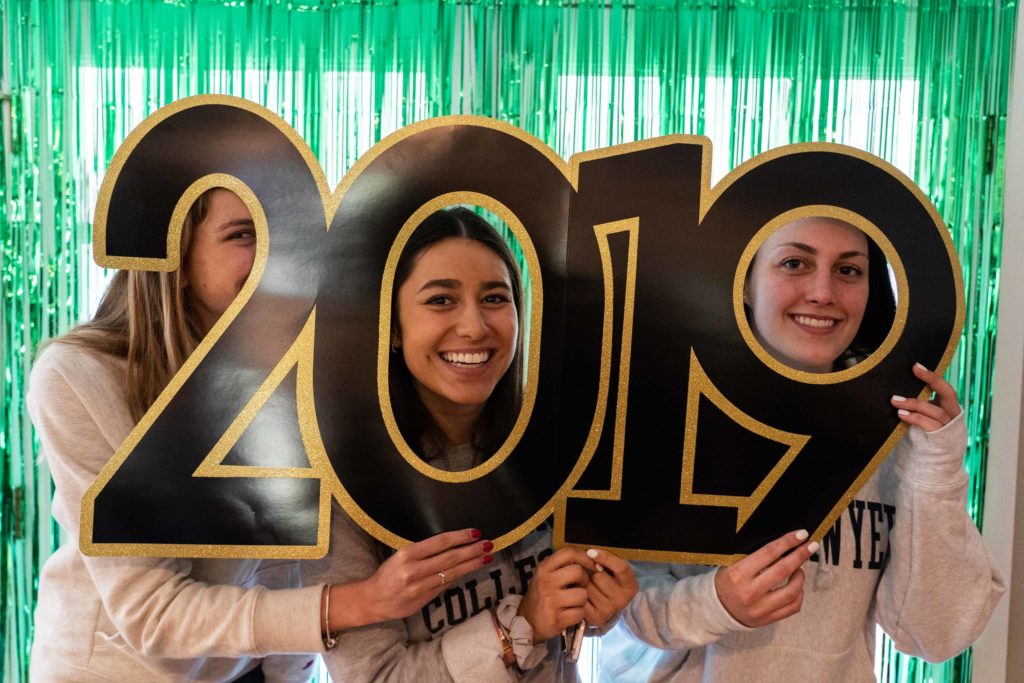
Catrina ’19
Catrina participated in ASP. She is currently a junior at Providence College.
Charley: Tell me about your time at New Hampton and your experience with ASP.
Catrina: I spent three years at New Hampton and was in ASP all three years. It was the reason I chose New Hampton for high school. I have ADD and Dyslexia and was having a lot of trouble in middle school. My previous school wasn’t equipped to deal with my learning differences. They gave me “support”, but it wasn’t at the level that New Hampton was able to offer through ASP. I looked at a few other independent schools in the area, but none had the sort of program I was looking except for New Hampton.
Charley: What impact did ASP have on your ability to succeed as a New Hampton student?
Catrina: Ms. Brewster was so much more than my tutor. We built a relationship that extended beyond the classroom – sometimes we’d get coffee together and just check in about life. She had unbelievable patience with me. When I first started my ADD was pretty off the walls, and I couldn’t carve out time in my day to get my work done. She taught me how to do that – she taught me how to be a student. She also helped me so much with my writing. I always liked the idea of writing, but I couldn’t learn what writing well actually meant. Ms. Brewster taught me how to be curious and how to analyze difficult texts. She really taught me how to write. I’m now a writing tutor at Providence College.
Charley: Do you have any favorite ASP strategies that you use today?
Catrina: To-Do lists! I know it sounds simple, but I’ve done this every single day since sophomore year at New Hampton and it was such a game-changer. I tell my friends at college to try it and they have all come back to me saying, “I’ve never had a more productive day in my life!”
On the surface, IB and ASP look like radically different tracks for students. The advanced track of IB does not appear connected to the support provided in ASP. This, however, is not the case, and many students, including Tulio and Catrina, utilize the support of ASP in their IB courses. This cross-pollination speaks to a key element of our culture here at New Hampton: there is no stigma attached to having a different learning profile or for turning to support. Support is part of our way of life. Ruby Schechter participated in both IB and ASP.
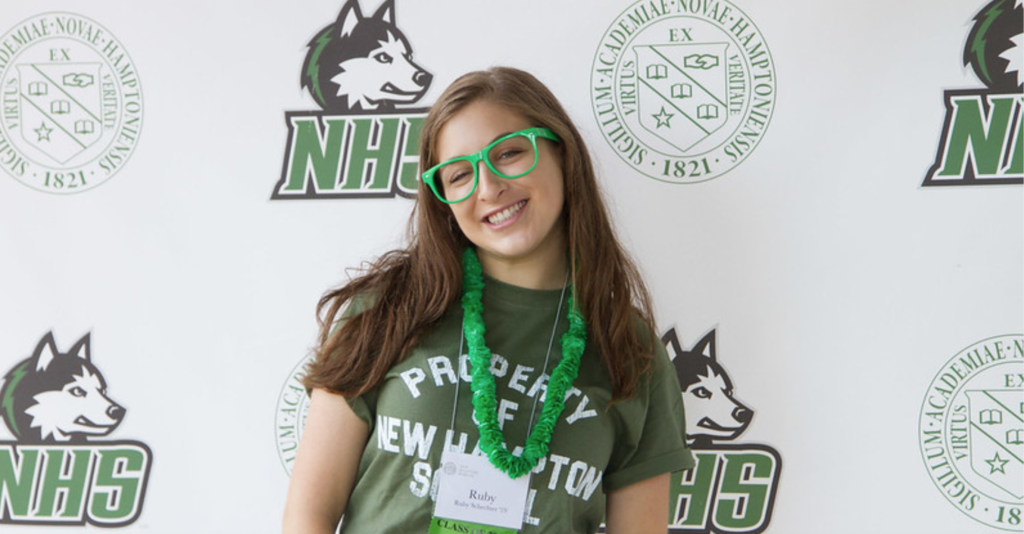
Ruby Schechter ’19
Ruby is a sophomore at the University of Texas at Austin.
Charley: Tell me about your experience being a IB and ASP student at New Hampton.
Ruby: So, ASP was the reason I chose New Hampton in the first place. I started ASP as a freshman and stayed with it all four years. When I began school, I honestly didn’t even know how to ask a question. But Ms. McMahon changed me. She taught me how to learn, she taught me how to gain independence and self-advocacy. I was not the same person when I graduated.
Charley: It sounds like you were pretty at sea when you began as a 9th grader.
Ruby: I thought I was dumb. But I learned through being at New Hampton and working with Ms. McMahon that I just needed to learn to use my brain differently and work with my learning differences. I have ADHD and struggle with executive functioning – I process things slower. These things would then manifest into anxiety when it came to learning and test taking.
Charley: What gave you the confidence to move into the IB Program?
Ruby: You know, I was really worried about that, especially as I was so apprehensive when I started at New Hampton. But it turns out that the two programs complement each other really well. As I became a better student, I was also able to work on specific strategies in ASP for these honors level courses.
Charley: How has participating in both programs set you up to succeed in college?
Ruby: The combination of both programs was huge. Doing well in IB set me up to be a good candidate for a school like UT Austin. But without ASP, I never would have learned to become that sort of student. So, they feed each other and allowed me to be the best version of myself. When I was making the decision to attend UT, people were concerned for me because Texas doesn’t have a support program like ASP. But I was ready to take that next leap – I learned what I needed at New Hampton and was ready to take college solely into my own hands. So far, I’ve been a straight A student here at UT. I’m proud of myself for that, and that base was built at New Hampton.
Charley: What does being ready to take things into your own hands look like?
Ruby: This is sort of an amazing story from my first term at UT that made me so grateful for ASP. We were six weeks into freshman year, and I was in a big, lecture-style class with a hundred students. The TA asked the class who was utilizing the professor’s office hours. I was the ONLY ONE who raised my hand. Other freshmen didn’t know how to ask questions, talk to their professors, utilize office hours. But this stuff was built into me at New Hampton. I was so ready to be a college student.
There is no one path through New Hampton. Everyone makes their own way and finds the programs that suit their needs and interests. We are a collective made up of as many unique stories as there are students on campus. Perhaps that is what makes New Hampton, New Hampton.
